"Converged" wireless media devices in search of the mainstream
——
These merged platforms typify what I have been talking about in the broader context of the computer and communications market. With the collision of these two previously stable, and predictable markets, the result is a new chaotic state where platforms have to establish or reestablish themselves, and new connections between features, technology and market demands will have made, and sorted out, over and over again until stability sets in.
And considering the still evolving nature of wireless Internet connections, the bandwidth and the reliability, Gene Frantz, TI Principal Fellow and business development manager, DSP in the semiconductor group in Dallas, Texas, warns that that there is no certainty that a market-wide standard platform will emerge.
"In such an environment, everyone's assumptions about the market may be forced to change, drastically and radically, as the market takes a sharp turn laterally," he said. me. "For example, the improvements in bandwidth in wireless phone and WLAN devices seem to have led everyone to assume there is a growing momentum toward one or more converged wireless/PDA/media appliance platforms."
But what is the ultimate impact of the truly revolutionary advances in wireless bandwidth, reliability and always-on capabilities that are beginning to match those of wired connections?
"With sufficiently high bandwidth and reliable connections, maybe some sets of functions could be better served, and would be more upgradeable," said Frantz, "if they were performed by a group of wirelessly connected devices working together in direct peer-to-peer form, adapting, adding and subtracting peers as the environment in which the computing or communications is done changes."
Frantz describes his job as being an expert in everything. In other words he must know enough about, or research different technology and market segments in enough depth, to "connect the dots," and with reasonable certainty assess the nature of the interactions that are occurring or might occur and how such factors would change the direction the company might need to go.
"The fundamental uncertainty is that right now we do not know if things are converging to some well defined platforms or are things still diverging," he said, which is the nature of a unstable system. "Sometimes elements come together and remain so, others separate immediately and still others seem to be linked but eventually diverge to look for more congenial joinings."
Regardless of whether there will be a convergence or a divergence, said Frantz, there is one thing all of these devices will be -- truly personal and intimate computing devices -- and that alone will change computing.
"If you look at the history of computing as it has transitioned from one paradigm to the next, there has been one constant: computing devices have gotten faster, smaller and lower in power, and as a result, more personal, even intimate," he said. "Look at the PDA: some people think of it as just another computing resource and others use it as the repository of a lot of personal information and personal services specific to their needs and wants."
Frantz then told me the story of a meeting with his division manager at TI where he had taken out his Palm Pilot and put it on the table in front of him in case he wanted to enter some notes. "At some point during the conference the manager reached over and started entering numbers on the keyboard," he said. "I was surprised at the frown I automatically gave him, as if he were somehow violating my personal space. He was: I viewed my PDA as a personal device and he saw it as a calculator."
Ultimately it is this personal element, he believes, not the technology, that will dictate divergence or convergence of these connected personal computing appliance platforms. It is Frantz' personal view that with improved connectivity it is likely we will all be host to a constellation of many extremely small dedicated computing devices, each with its own particular functions, but which together in some sort of peer to peer manner will provide some other kind of functionality.
"I don't think we will want a repeat of the PC, which did a lot of things sort of OK, but nothing really well," he said. Rather we will have several closely linked separate devices that are each very good MP3 players, cell phones, PDAs, medical device, and so on, which reflect our personal tastes and judgments, and whose relationship to one another may change as the environment we are in does: at home, in the office, out for a walk, in the car.
"If that turns out to be the case, there is a new frontier of connectivity that will match the activity that is currently going on at the 'last mile' at the network edge," he said. "I call it the 'last meter' connection, the area just round us in our personal space.
"It will fundamentally change the equation relating to reliability, bandwidth, and security. If these are our personal computing devices, the level of security will probably have to be much higher than it presently is, as will the level of reliability. Because we are so close to an obvious heat source, the human body, maybe the power equation will change. And with the devices so close together, maybe high bandwidth will not be the ultimate goal, replaced by much lower speed connections that are always and constantly sending data and control information back and forth."




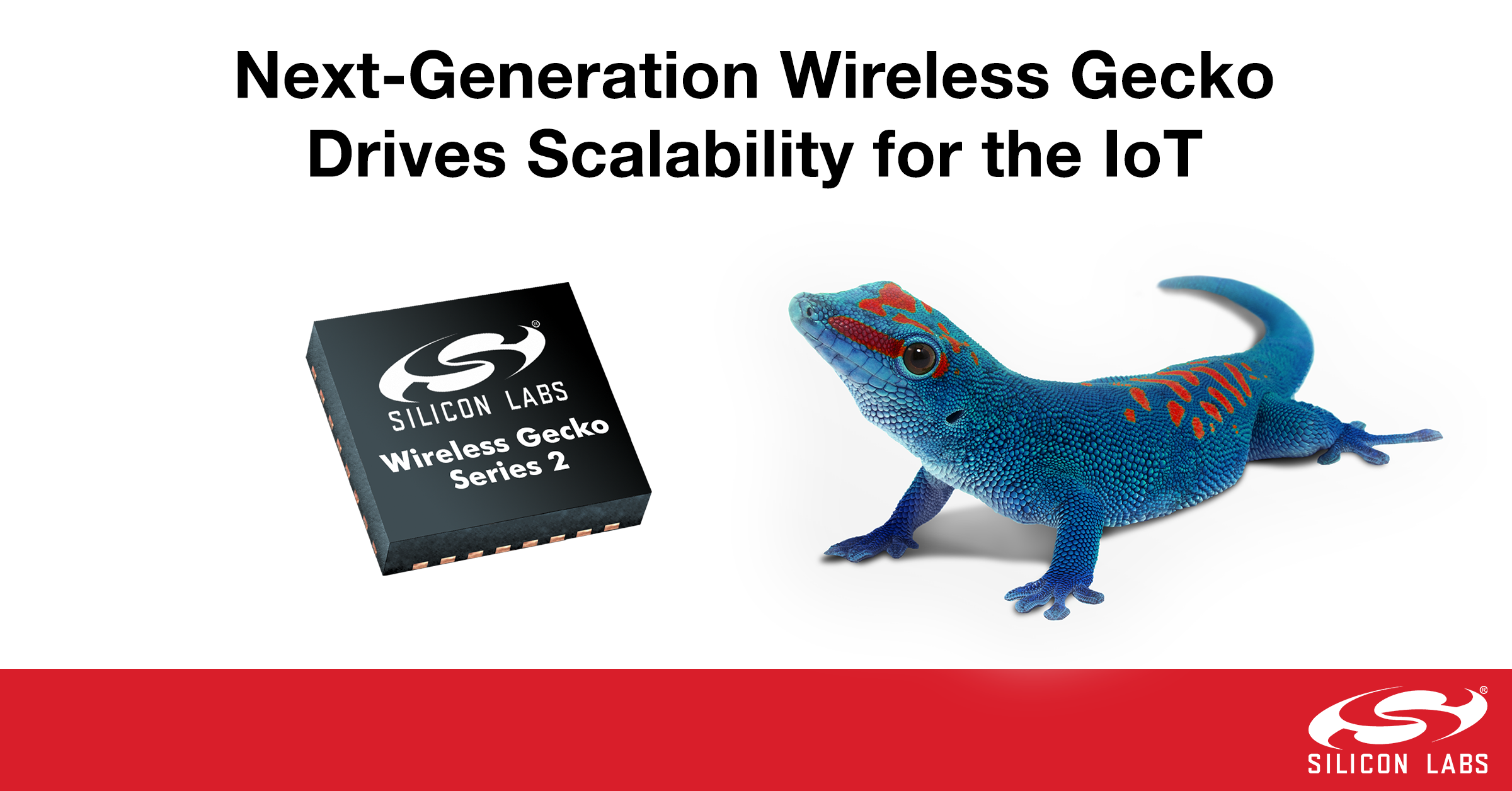
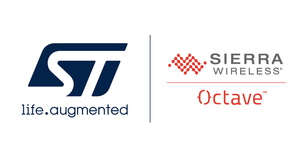
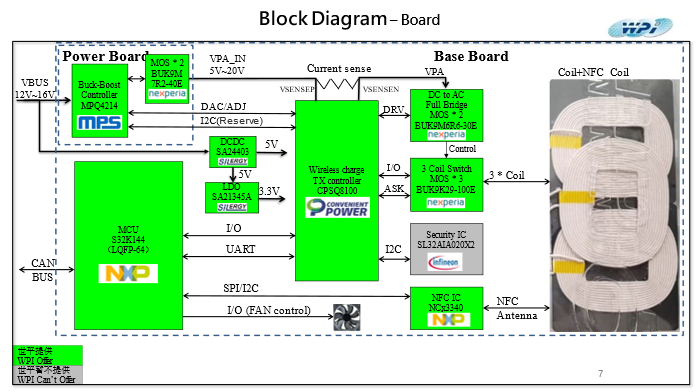

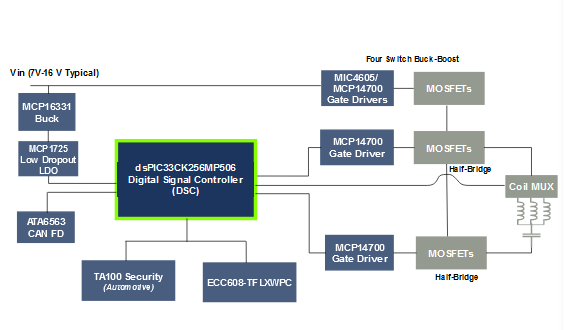

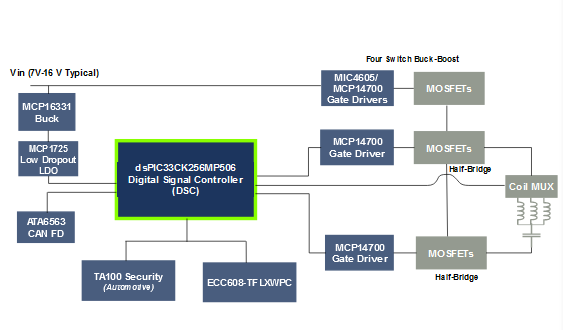
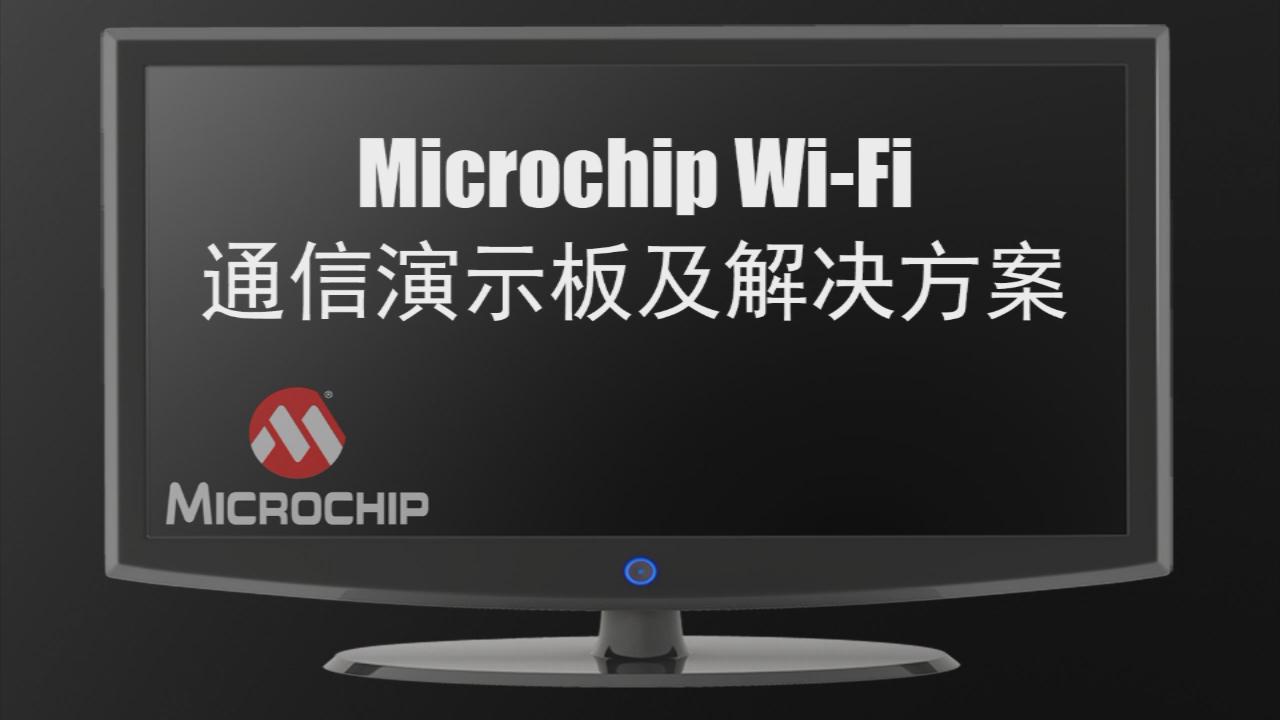
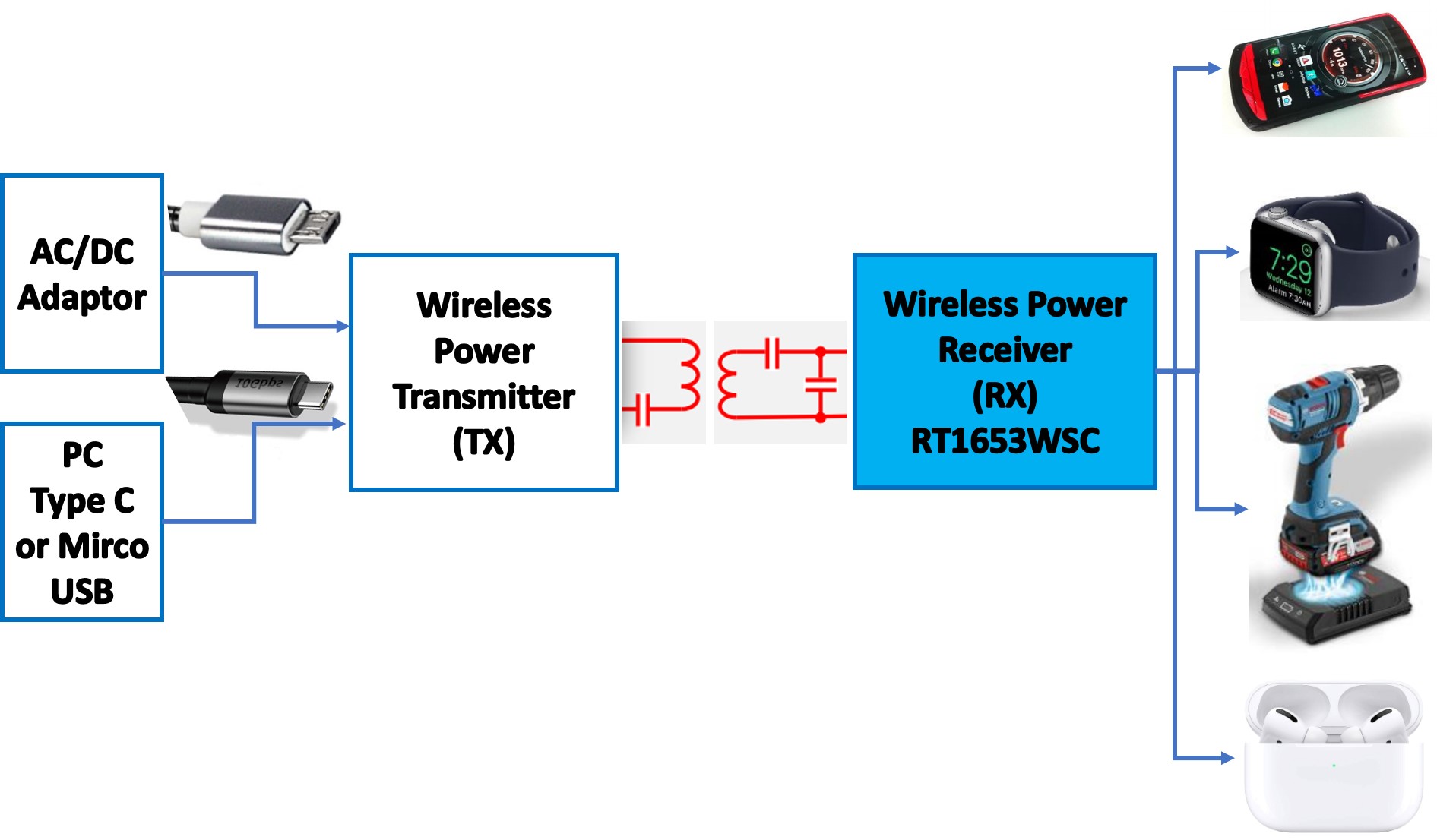
評(píng)論